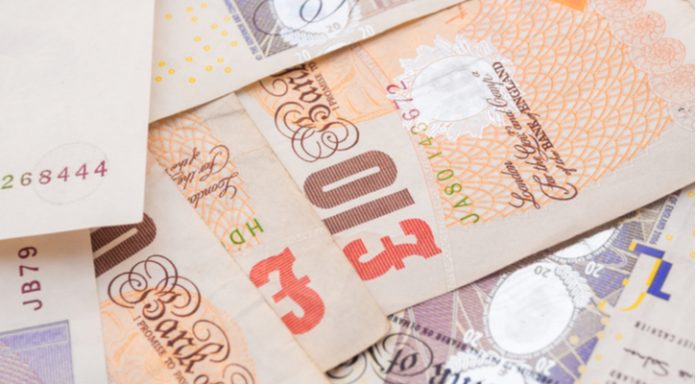The pound euro exchange rate once again traded within a narrow range on Thursday. With a lack of heavy hitting economic data to drive direction, the pound drifted higher. The exchange rate hit a high of €1.2288 before easing back slightly into the close.
| What do these figures mean? |
|---|
When measuring the value of a pair of currencies, one set equals 1 unit and the other shows the current equivalent. As the market moves, the amount will vary from minute to minute. For example, it could be written: 1 GBP = 1.13990 EUR Here, £1 is equivalent to approximately €1.14. This specifically measures the pound’s worth against the euro. If the euro amount increases in this pairing, it’s positive for the pound. Or, if you were looking at it the other way around: 1 EUR = 0.87271 GBP In this example, €1 is equivalent to approximately £0.87. This measures the euro’s worth versus the British pound. If the sterling number gets larger, it’s good news for the euro. |
The pound had very little fresh information to work with in the previous session. Instead pound traders will be looking towards Friday for a possible injection of volatility. Tomorrow sees Brexit return to the foreground and UK retail sales data released.
UK Prime Minister will be flying to Germany to meet with Angela Merkel as European leaders head into crunch negotiations over Brexit. May is looking to arrange a transition deal which would smooth the UK’s exit from the EU when it leaves in 2019. Investors have started to doubt whether the transition period will happen after EU Chief Negotiator Michel Barnier said it was not guaranteed, just last week. Any further clues that the transition deal is on track could boost the pound.
| Why is a smooth Brexit good for the pound? |
|---|
| A smoother Brexit would be a scenario in which the economic consequences of leaving the European Union are minimised. This is favourable for the pound because the less the Brexit impact on the economy, the more likely that foreign investors will remain interested in the UK. Foreign investors need sterling to invest in the country and so the more GBP is purchased, the higher the demand and, thus, an increase in the currency’s value. |
The other event that investors will be watching closely today is the UK retail sales release. Retail sales data is important because it provide market participants with an idea as to how well consumers are spending. The UK economy is dominated by the service sector, a sector which needs UK consumers to keep spending. Any signs that the current squeeze on UK consumers from high inflation and falling wage is resulting in consumers spending less, could cause the pound to fall.
Another Quiet Session For The Euro
With no high impacting eurozone economic data on hand in the previous session, market participants looked towards disappointing trade balance data for direction. Eurozone trade balance for December fell from €26.3 billion to €25.4 billion, whilst also missing expectations of an increase to €27 billion. Although this data is not hugely disappointing, it is likely to worsen going forward, given the strength of the euro. A stronger euro makes exports more expensive for foreign buyers, so the demand naturally decreases.
| Why does poor economic data drag on a country’s currency? |
|---|
| Slowing economic indicators point to a slowing economy. Weak economies have weaker currencies because institutions look to reduce investments in countries where growth prospects are low and then transfer money to countries with higher growth prospects. These institutions sell out of their investment and the local currency, thus increasing supply of the currency and pushing down the money’s worth. So, when a country or region has poor economic news, the value of the currency tends to fall. |
Today, again there is nothing more than German PPI data for investors to look forward to, which is unlikely to cause much volatility.
This article was initially published on TransferWise.com from the same author. The content at Currency Live is the sole opinion of the authors and in no way reflects the views of TransferWise Inc. |





